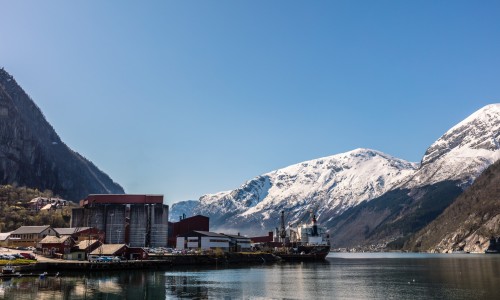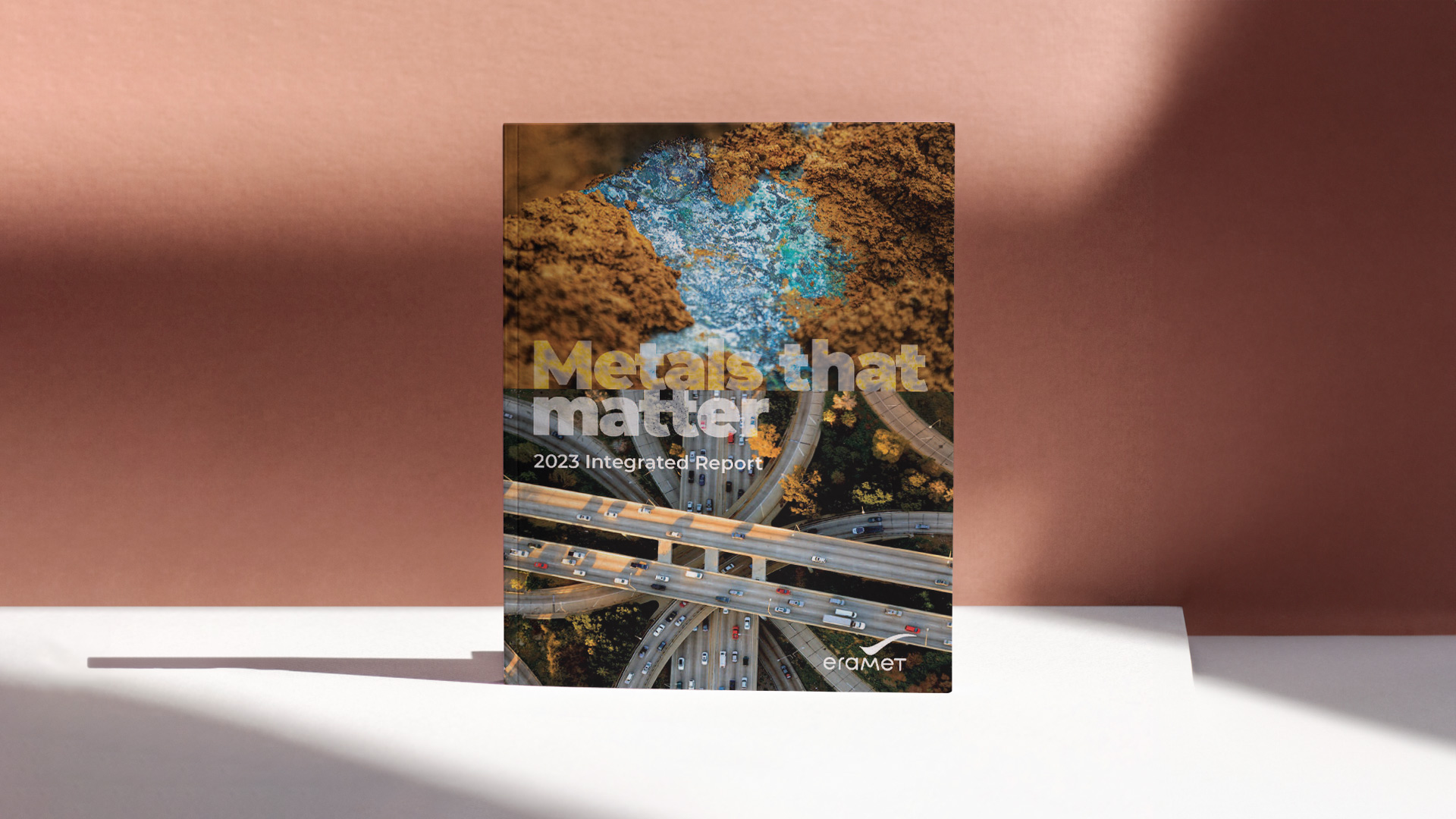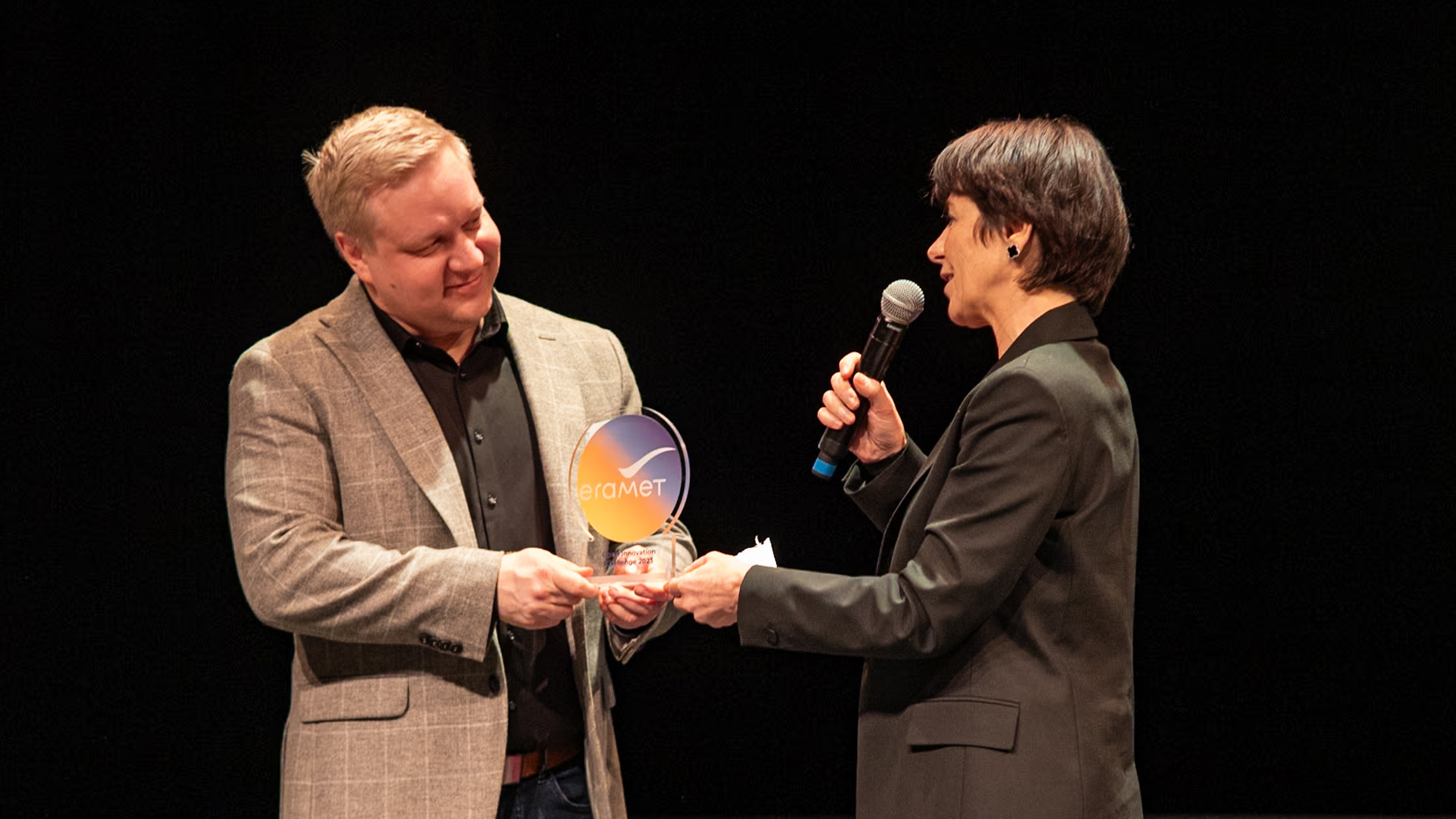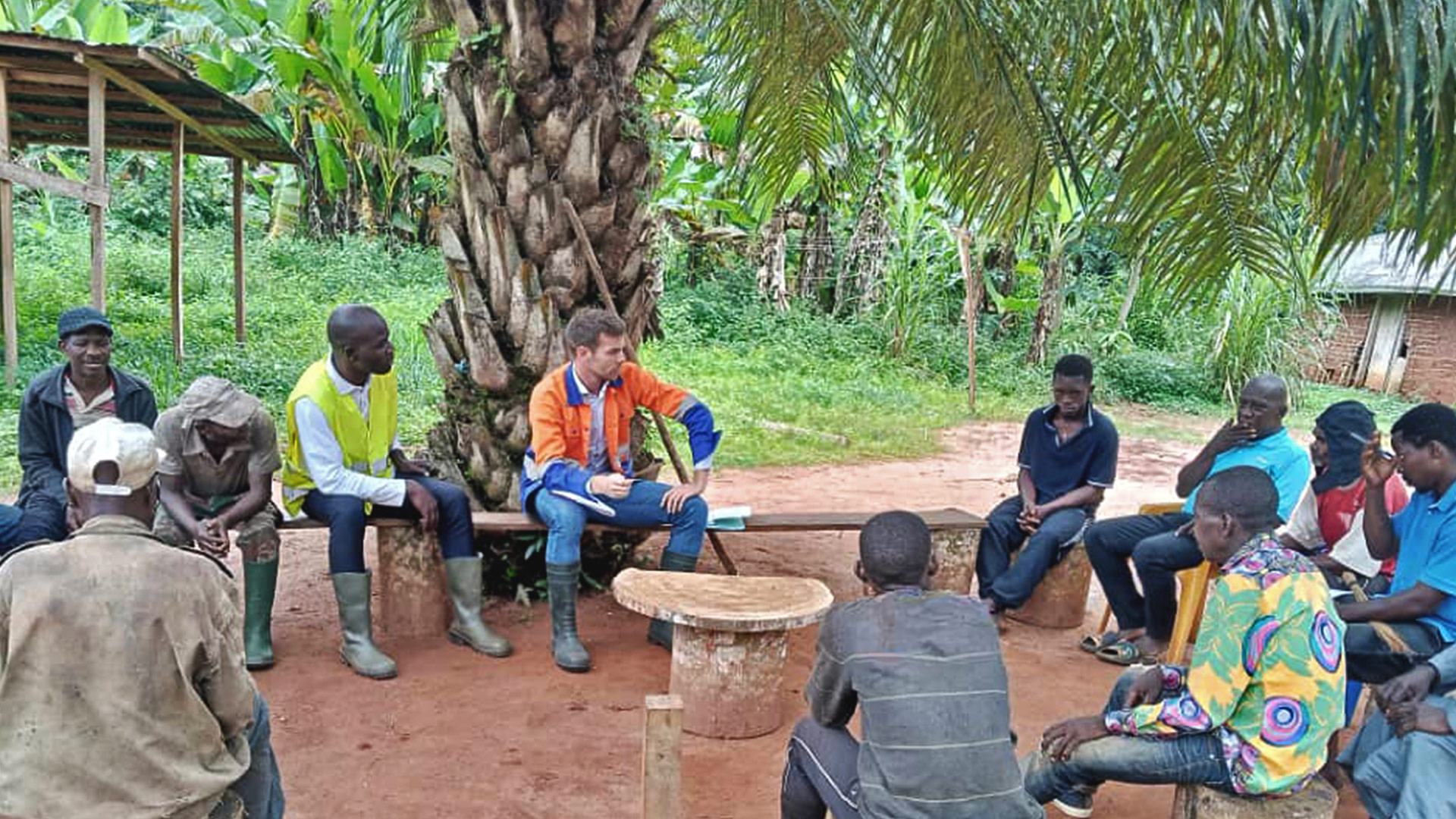It’s done! All the Group’s mining and metallurgical sites are now ISO 50001 certified, a standard that aims to reduce a site’s energy consumption and CO2 footprint.
With the recent certification of TiZir Titanium & Iron (TTI) in Norway, all the Group’s mining and metallurgical sites are now ISO 50001 certified, a process that Eramet began ten years ago.
“Industrial players in the raw materials sector such as Eramet, a supplier of critical metals for the energy transition, have an essential role to play in the fight against climate change. We have therefore committed to an approach that is compatible with the objectives of the Paris Agreement, to integrate climate issues into our strategic decisions and our reporting.
The ISO 50001 certification of all our sites allows us to confirm the soundness of our energy management systems and to better control our consumption. This is essential for achieving our goal of reducing our emissions, but also for the Group’s overall performance.”
Pierre Gueudet, Group Energy & Climate Director
The fight against climate change is one of the commitments included in the Group’s CSR roadmap, especially through its 13th objective: “Reducing our energy and climate footprint.”
A voluntary approach
To manage its global performance, a company must focus on several objectives: costs, quality, safety, but also the environment and energy. Controlling energy consumption – knowing what you consume, predicting future consumption and optimizing it – is therefore essential.
The ISO 50001 standard is one of the main tools for measuring the energy efficiency of a company. According to AFNOR (French Association for Standardization), it is a “reference guide for those who wish to lead their organization towards greater energy efficiency, with the aim of saving money and limiting greenhouse gas emissions and pollutants.” Undertaking an ISO 50001 certification process is therefore not mandatory, but allows companies to “validate” their performance in terms of energy management.
To help decarbonise the industry and contribute to the fight against climate change, Eramet decided to give priority to certifying sites that consume more than 200 GWh per year, mainly mining and metallurgical sites. All the Group’s sites are concerned by this certification process and will eventually have to implement tools based on ISO 50001.
After the international standard was introduced in 2011, Eramet Norway‘s three sites in Norway were the first to receive the certification in 2012, followed by Comilog Dunkerque in 2016. In 2019, three other Group sites were certified: the Doniambo plant operated by SLN in New Caledonia, and two Comilog sites in Gabon: the Moanda Industrial Complex (CIM) and the Railway and port facilities department (DFIP). In 2020, SLN’s five mining sites also get certified, followed in 2021 by Eramet Marietta in the United States and GCO in Senegal, and then TTI in Norway this year.
Comilog will close the gap with the upcoming receipt of certifications for two other of its sites: the Moanda mine, located on the Bangombé plateau, and the Moanda Metallurgical Complex (CMM).
Acknowledged commitment
Eramet’s approach and efforts in favour of the climate have already been recognized: in 2020, the Carbon Disclosure Project (CDP) gave the Group a B rating, which was renewed in 2021.
In the same year, the SBTi (Science-Based Targets initiative) also validated the Group’s emissions reduction trajectory (- 40% of absolute CO2 emissions by 2035 compared with 2019).





